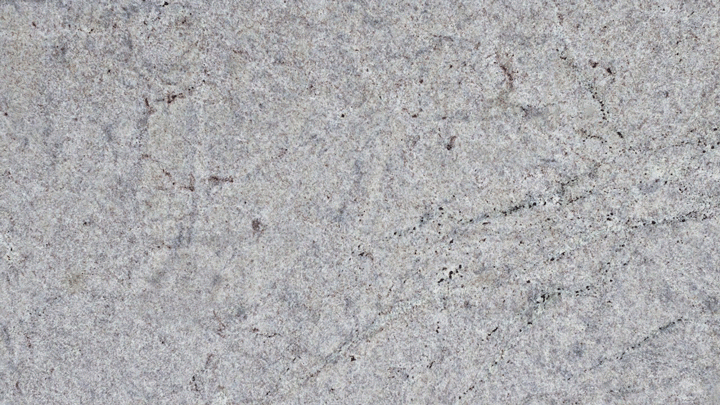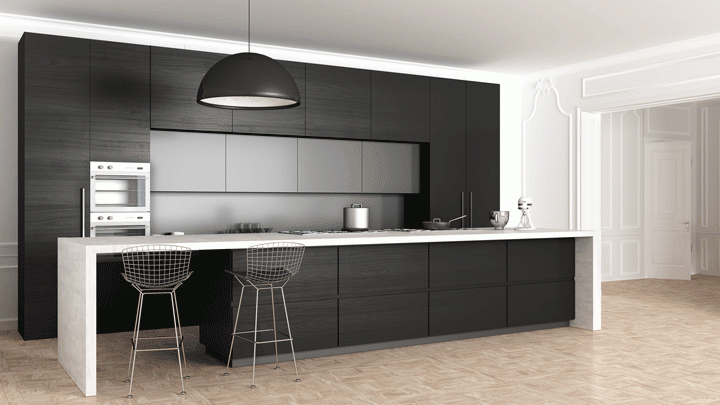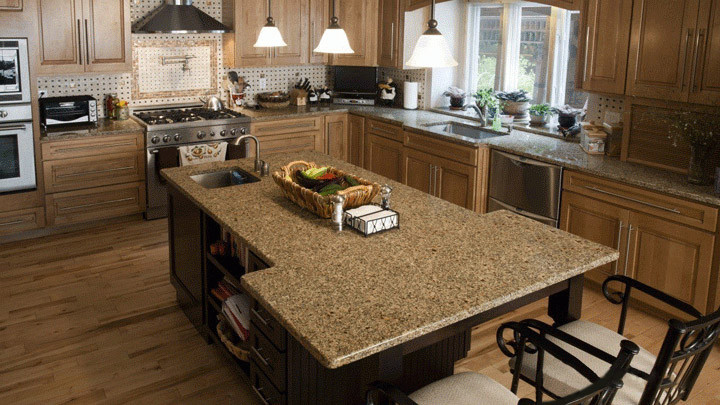
Table of Contents
While granite is one of the least likely natural stone surfaces to stain, there is a rare chance that some stains can occur. One of these types of stains is water stains. Luckily, if your granite countertops do have any water stains, these can be removed relatively easily.
[get_quote]
What Types of Water Stains Are There?
There are two primary types of water stains: simple water stains and hard water stains. Simple water stains are often the result of condensation from a drinking glass that has been sitting on the countertop for too long. On the other hand, hard water stains are the result of hard water getting into the pores of the stone. Hard water is water that is particularly high in mineral content. These stains will leave behind mineral deposits.
How Do You Remove Water Stains from Granite?
Removing water stains from granite typically involves the use of a poultice. This is a solution that can be created by a mixture of baking soda and 3 percent hydrogen peroxide. Mix these ingredients in a bowl until it forms a thick paste. Once this happens, apply the solution to the stain. After you do this, cover the area with a piece of plastic wrap that has small holes poked in it. Wait for at least 24 hours and then remove the plastic wrap and poultice. This should be removed with a damp soft cloth, as you do not want to use any abrasive tools that might scratch your countertop.
If you have a light water stain that is caused by condensation, you can often remove it using a mixture of mild dish soap, warm water and a small amount of rubbing alcohol. Make sure to only add a small amount of rubbing alcohol, as too much may damage your granite.
| Step 1 | Mix baking soda with 3 percent hydrogen peroxide to create a poultice |
| Step 2 | Apply the poultice to the stain |
| Step 3 | Cover the poultice with plastic wrap |
| Step 4 | Let it sit for 24 hours |
| Step 5 | Remove with a damp soft cloth |
What Should You Stay Away from Using?
When removing water stains from your granite countertop, there are some solutions and tools that you should stay away from due to the damages they will cause. Although they can be used in small amounts to help remove stains, you should not apply just rubbing alcohol or hydrogen peroxide to your countertop in an attempt to remove stains. Doing so can end up causing more damage to your granite countertop. Additional products you should never use include lemon juice, vinegar, ammonia and bleach. In terms of tools you should not use, stay away from anything that is abrasive. Examples of abrasive tools include steel wool and Brillo pads.
How Can You Protect Your Granite from Water Stains?
The most effective way to protect your granite countertops from water stains is by sealing the surface. Sealing is the process of applying a sealant, which will work its way into the surface and fill the pores. By filling the pores of your granite, no liquid or stains will be able to work their way into the stone. While specific types of granite may have different timeframes for re-sealing, granite countertops typically only need to be re-sealed about once per year. Sealing is very easy, as it will only take minutes of your time.
[get_quote]
While water stains are not particularly common with granite countertops, if you do encounter them, they can be removed easily. Through a simple homemade solution, your countertop can be back to looking as good as new. To protect the surface from future water stains or other stains, make sure to seal the countertop. Through following the steps explained in this guide, your granite countertop can stay in great shape.
















 The article helped me immensely
The article helped me immensely
 I’m now more informed on the subject
I’m now more informed on the subject
 I have questions about Marble.com
I have questions about Marble.com
 The article was not accurate at all
The article was not accurate at all
 There is a serious lack of information
There is a serious lack of information
 I have questions about Marble.com
I have questions about Marble.com